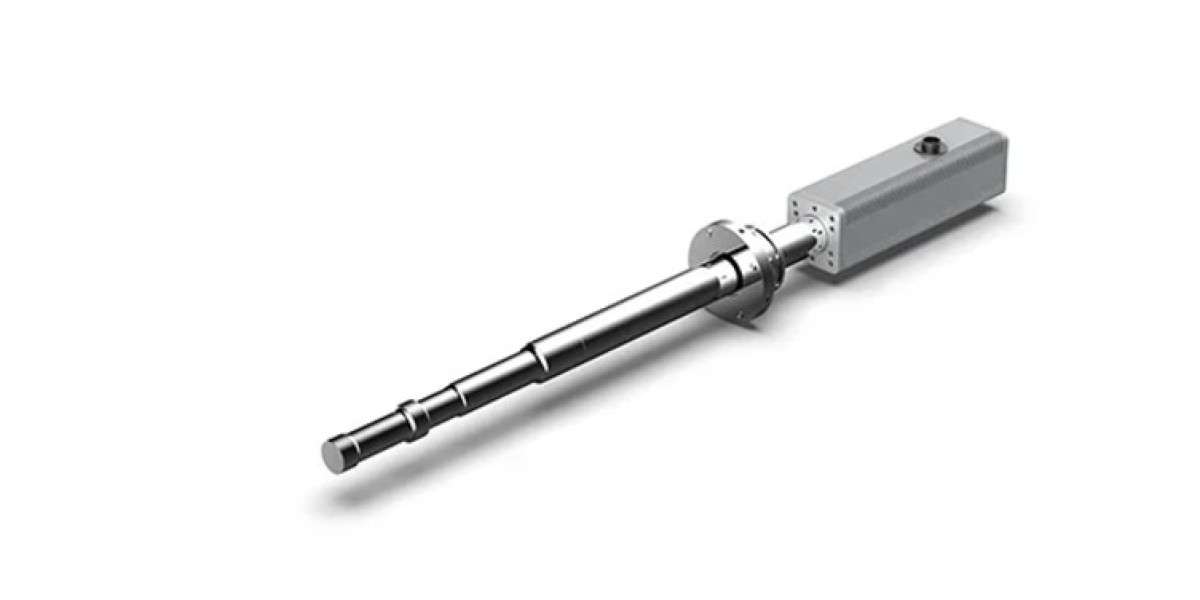Ultrasonic cleaning technology has revolutionized the industrial cleaning process, offering efficient and effective solutions for a wide range of applications. Among the key components of this technology are ultrasonic resonators, which play a crucial role in generating the high-frequency sound waves that drive the cleaning process. In this article, we will delve into the various applications of ultrasonic resonators in industrial cleaning, highlighting their benefits and exploring how they enhance cleaning efficiency.
I. Understanding Ultrasonic Resonators
Ultrasonic resonators are devices that convert electrical energy into mechanical vibrations, producing high-frequency sound waves. These sound waves create microscopic bubbles in a cleaning solution through a process called cavitation. When these bubbles collapse near the surface of the objects being cleaned, they generate intense energy that dislodges dirt, contaminants, and other particles.
There are two main types of ultrasonic resonators: piezoelectric resonators and magnetostrictive resonators. Piezoelectric resonators use piezoelectric crystals that expand and contract when an electric field is applied, while magnetostrictive resonators use magnetostrictive materials that change shape in response to a magnetic field.

II. Industrial Cleaning and the Need for Ultrasonic Resonators
Industrial cleaning involves removing dirt, grease, oil, rust, and other contaminants from various objects and surfaces. Traditional cleaning methods often fall short in terms of efficiency, especially when dealing with complex shapes, intricate parts, or delicate materials. This is where ultrasonic cleaning, with the help of resonators, offers significant advantages.
Ultrasonic cleaning is a highly effective method that reaches areas that are difficult to access using conventional cleaning techniques. It provides thorough and consistent cleaning, even in intricate parts or hard-to-reach crevices. Additionally, it reduces the need for manual scrubbing or harsh chemicals, making it a safer and more environmentally friendly option.
III. Applications of Ultrasonic Resonators in Industrial Cleaning
A. Precision Parts Cleaning
1. Automotive Industry:
Ultrasonic cleaning with resonators is widely used in the automotive industry for cleaning precision parts such as fuel injectors, carburetors, and engine components. The technology ensures thorough cleaning, removing contaminants that can affect performance and longevity.
2. Aerospace Industry:
In the aerospace industry, ultrasonic cleaning is employed to clean critical components like turbine blades, fuel nozzles, and hydraulic parts. The precision and efficiency of ultrasonic cleaning with resonators help maintain the high standards required for aerospace applications.
3. Medical Device Manufacturing:
Ultrasonic cleaning plays a vital role in the manufacturing of medical devices, ensuring cleanliness and sterility. Resonators are used to clean surgical instruments, implants, and other medical equipment, providing a safe and hygienic environment for patient care.
B. Electronics Cleaning
1. Printed Circuit Boards (PCBs):
Ultrasonic cleaning with resonators is commonly used to clean PCBs, removing flux residues, solder paste, and other contaminants. The precise and gentle cleaning action of ultrasonic waves ensures thorough cleaning without damaging delicate electronic components.
2. Semiconductor Manufacturing:
In semiconductor manufacturing, ultrasonic cleaning is employed to remove particles, residues, and contaminants from wafers, ensuring optimal performance and yield. Resonators enable efficient and precise cleaning of these delicate and expensive components.
C. Metal and Surface Cleaning
1. Removing Rust and Oxidation:
Ultrasonic cleaning with resonators is effective in removing rust, oxidation, and corrosion from metal surfaces. It reaches into intricate areas and removes contaminants without damaging the underlying metal, restoring the surface to its original condition.
2. Degreasing and Removing Contaminants:
Resonators are used in ultrasonic cleaning systems to degrease metal parts and remove contaminants such as oil, grease, and dirt. This process is widely employed in industries such as automotive, manufacturing, and metalworking.
D. Pharmaceutical and Medical Equipment Cleaning
1. Sterilization and Disinfection:
Ultrasonic cleaning with resonators is utilized in the pharmaceutical industry for sterilizing and disinfecting equipment, vials, and other containers. The thorough cleaning action ensures the removal of microorganisms, ensuring product safety and quality.
2. Cleaning Surgical Instruments:
Resonators play a crucial role in cleaning surgical instruments, ensuring their cleanliness and preventing the risk of infections. Ultrasonic cleaning effectively removes blood, tissue, and other contaminants from instruments, maintaining their functionality and prolonging their lifespan.

IV. Benefits of Ultrasonic Resonators in Industrial Cleaning
A. Enhanced Cleaning Efficiency:
Ultrasonic resonators generate high-frequency sound waves that create intense cleaning action, reaching areas that are difficult to access using traditional cleaning methods. This results in thorough and consistent cleaning, even in complex shapes or intricate parts.
B. Reduced Chemical Usage:
Ultrasonic cleaning with resonators reduces the need for harsh chemicals or solvents, minimizing environmental impact and ensuring a safer working environment for operators. The cavitation process created by resonators enhances the cleaning power of the solution, reducing reliance on chemical agents.
C. Non-Damaging to Delicate Parts:
Resonators produce gentle cleaning action, making them suitable for delicate materials and sensitive components. Unlike abrasive cleaning methods, ultrasonic cleaning with resonators does not cause damage or wear to the objects being cleaned.
D. Consistent and Uniform Cleaning:
The use of resonators ensures consistent and uniform cleaning throughout the entire cleaning cycle. The sound waves generated by resonators create cavitation bubbles that collapse uniformly, providing thorough cleaning across all surfaces.
V. Factors to Consider in Ultrasonic Resonator Selection
When selecting ultrasonic resonators for industrial cleaning applications, several factors should be considered:
A. Frequency and Power Output:
The frequency and power output of the resonators should match the cleaning requirements of the specific application. Higher frequencies are suitable for delicate parts, while lower frequencies are more effective for heavy-duty cleaning.
B. Resonator Material and Design:
The material and design of the resonators impact their durability and performance. Resonators made from high-quality materials and designed for efficient energy transfer provide optimal cleaning results.
C. Cleaning Solution Compatibility:
The compatibility of the resonators with the cleaning solution used is crucial. Certain cleaning solutions may require specific resonator materials or designs to ensure effective cleaning and prevent damage to the resonators.

VI. Maintenance and Care of Ultrasonic Resonators
To ensure the longevity and optimal performance of ultrasonic resonators, proper maintenance and care are essential:
A. Regular Inspection and Cleaning:
Resonators should be regularly inspected for any signs of damage or wear. Cleaning the resonators and removing any debris or contaminants helps maintain their efficiency and prolong their lifespan.
B. Proper Handling and Storage:
Resonators should be handled with care to prevent damage. They should be stored in a clean and dry environment, away from excessive heat or moisture.
C. Troubleshooting Common Issues:
Understanding common issues that may arise with ultrasonic resonators, such as reduced cleaning efficiency or uneven cleaning, can help troubleshoot and resolve problems effectively.
Conclusion
Ultrasonic resonators have become indispensable in the field of industrial cleaning, offering a multitude of benefits and enabling efficient cleaning processes across various industries. From precision parts cleaning to electronics and surface cleaning, the applications of ultrasonic resonators continue to expand. By understanding their function, benefits, and proper maintenance, industries can harness the full potential of ultrasonic cleaning technology and achieve superior cleaning results.






